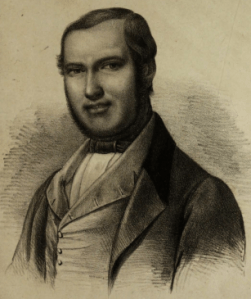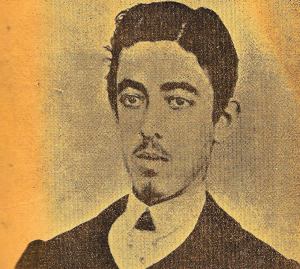In honor of El Cinco de Mayo, we present this work by a master Mexican poet and statesman.

Mexican
1852 – 1910
I have a sovereign at home,
the only one whom my soul venerates;
His gray hair is his crown,
honor is his law and virtue is his guide.
In slow hours of misery and mourning,
full of firm and manly constancy,
keep the faith with which he spoke to me about heaven
in the first hours of my childhood.
The bitter ban and sadness
They opened an incurable wound in his soul;
He is an old man, and he carries in his head
the dust of the path of life.
See the fierce storms of the world,
of luck the unfortunate hours,
and passes, like Christ the Tiberias,
standing on the curled waves.
Dry their tears, silence their pains,
and only on duty his eyes fixed,
collects thorns and spreads flowers
on the path he laid out for his children.
He told me: “To him who is good, bitterness
He never wets his cheeks with tears:
in the world the flower of fortune
At the slightest breath it falls off.
“Do good without fear of sacrifice,
The man must fight serene and strong,
and find who hates evil and vice
a bed of roses in death.
“If you are poor, be content and be good;
If you are rich, protect the unfortunate,
and the same in your home as in someone else’s
Save your honor to live honestly.
“Love freedom, free is man
and its most severe judge is conscience;
as much as your honor guards your name,
for my name and my honor form your inheritance.”
This august code, in my soul could
Since I heard it, it has been recorded;
In all the storms he was my shield,
He has saved me from all the storms.
My father has in his serene gaze
faithful reflection of your honest conscience;
so much loving and good advice
I surprise you in the brilliance of your gaze!
The nobility of the soul is its nobility;
the glory of duty forms his glory;
He is poor, but he contains his poverty
the biggest page in its history.
Being the worship of my soul your affection,
As luck would have it, by honoring his name,
was the love that inspired me as a child
the most sacred inspiration of man.
May heaven grant that the song that inspires me
His eyes always see him with love,
and of all the verses of my lyre
These are the ones worthy of his name.








